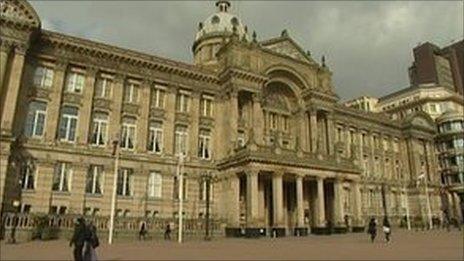'Struggling people fear fallout from Birmingham's crisis' - campaigner
- Published
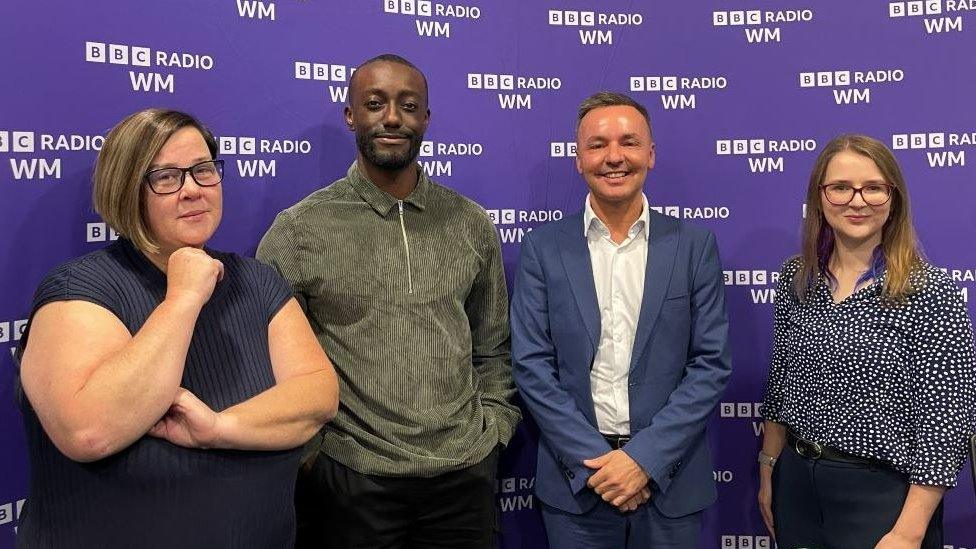
BBC WM presenter Rakeem Omar (second left) has been speaking to (L-R) campaigner Dee Kelly, businessman Lawrence Barton and Chambers of Commerce chief executive Henrietta Brealey
People "struggling to exist" fear what Birmingham's financial crisis will mean for them, according to an anti-poverty campaigner in the city.
Dee Kelly, who rose to prominence in Channel 4 documentary series Benefits Street, said there was real concern residents would face council tax rises.
Her comments followed Birmingham City Council's declaration earlier this month that it was effectively bankrupt.
She was speaking as part of a roundtable interview by BBC Radio WM.
The council is unable to balance its books as it struggles to meet an estimated £760m bill to settle equal pay claims. The city also faces an immediate budget shortfall this year of £87m.
Ms Kelly said the situation was playing out against a backdrop of seeing "rising and rising" demand for food parcels with essentials such as milk and bread.
"I think from a grassroots level, myself and a lot of other people out there are very, very worried at the moment," she added.
As government-appointed commissioners prepare to oversee the running of the city, a council meeting will be held later to discuss the authority's recovery plan.
Council leader John Cotton has insisted vital services will be protected.
But the authority's filing of a section 114 notice means it must halt all spending other than on services it has a duty by law to provide, such as social care and bin collections.
Which provisions and assets could face the axe have yet to be announced.
"The reality of it is I think the council tax is going to rise and people are already struggling to pay their bills," Ms Kelly said.
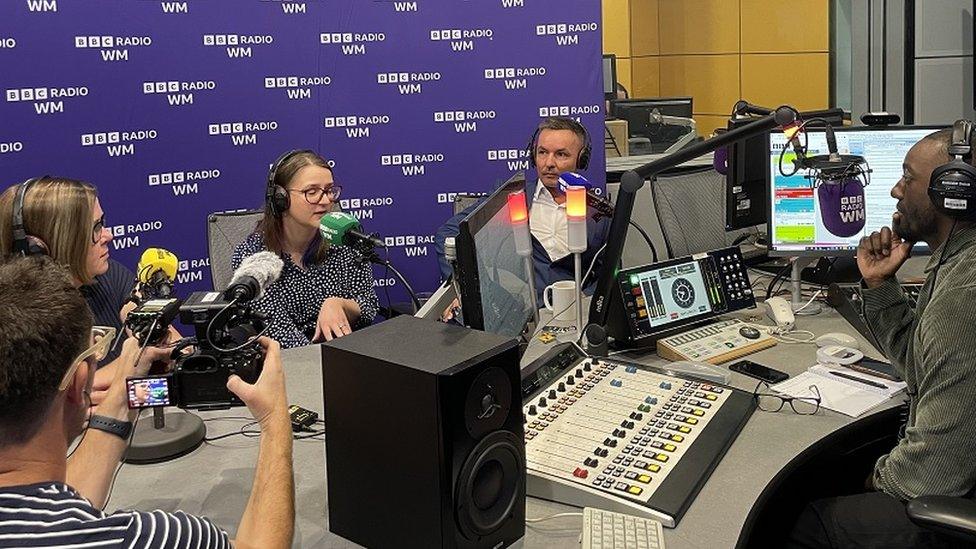
BBC WM hosted the roundtable discussion ahead of an important council meeting
Lawrence Barton, Birmingham's first night-time economy champion, also took part in the interview and said residents needed "to know how they are going to be affected".
"The main issue for me is the residents, that's who the council serves," he said. "It's a fundamental living issue."
He added: "I feel there is an issue around transparency. People don't understand how it is that we've got into this situation... Where and how has this got to a point where we've got this huge deficit in money?"
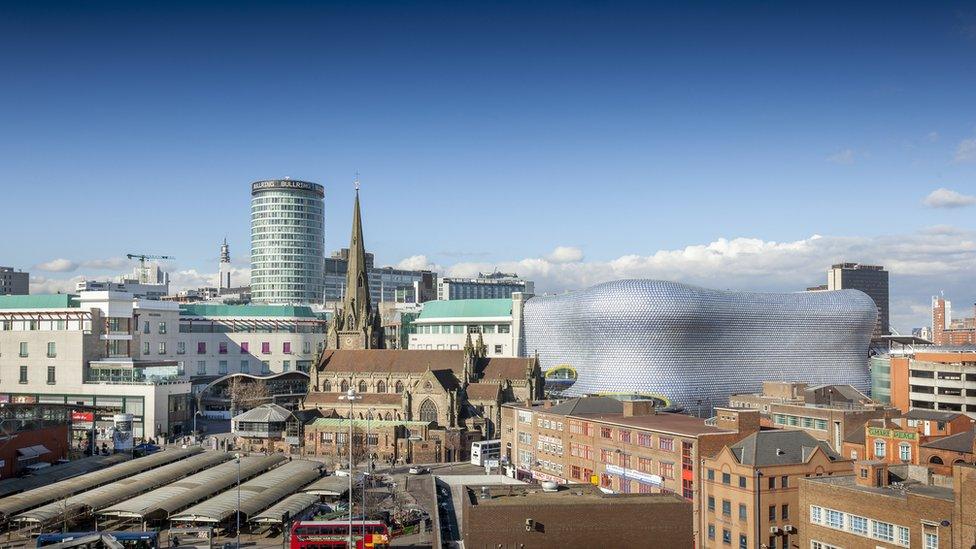
Residents are waiting to hear how they will be impacted
Henrietta Brealey, chief executive of Greater Birmingham Chambers of Commerce, told the discussion there had been frustration among the business community because Birmingham's international reputation had "finally been on the rise over the last few years".
As to the future, she said residents would have to wait and see what the measures were, but it was easy to "jump to the worst case scenario".
In the short-term there was "no change as everything that had been agreed would be paid", she explained, but longer term, there were "big questions to be answered".
In the meantime, she said the city's praises should be sung, and citing its five universities and "record visitor numbers", added: "All of the fundamentals that make Birmingham a great place to do business are still so strong".

Follow BBC West Midlands on Facebook, external, Twitter, external and Instagram, external. Send your story ideas to: newsonline.westmidlands@bbc.co.uk, external
Related topics
- Published19 September 2023
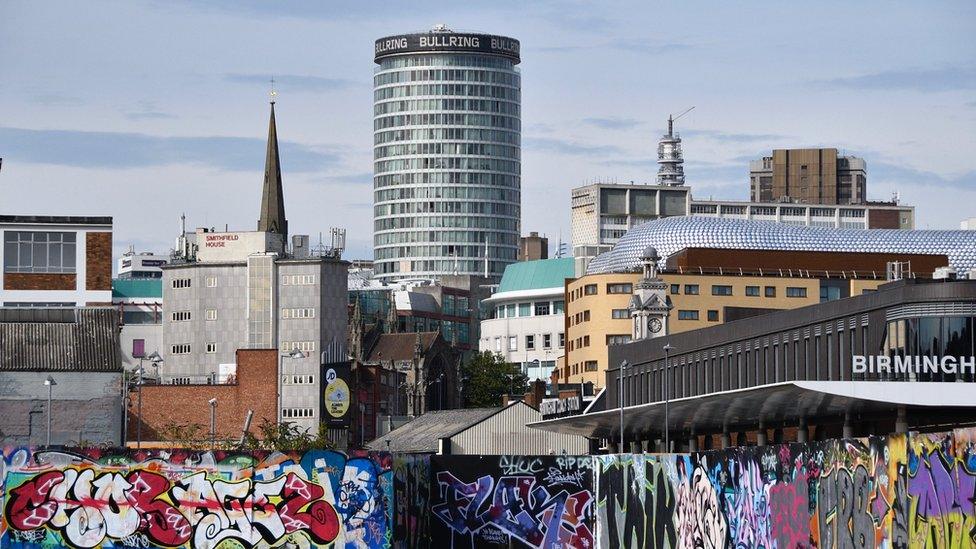
- Published5 September 2023
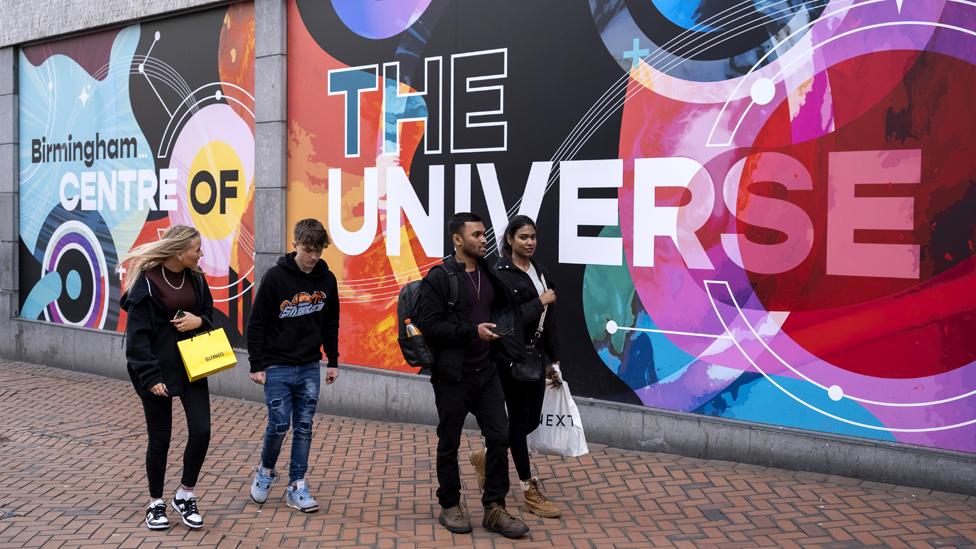
- Published20 June 2023
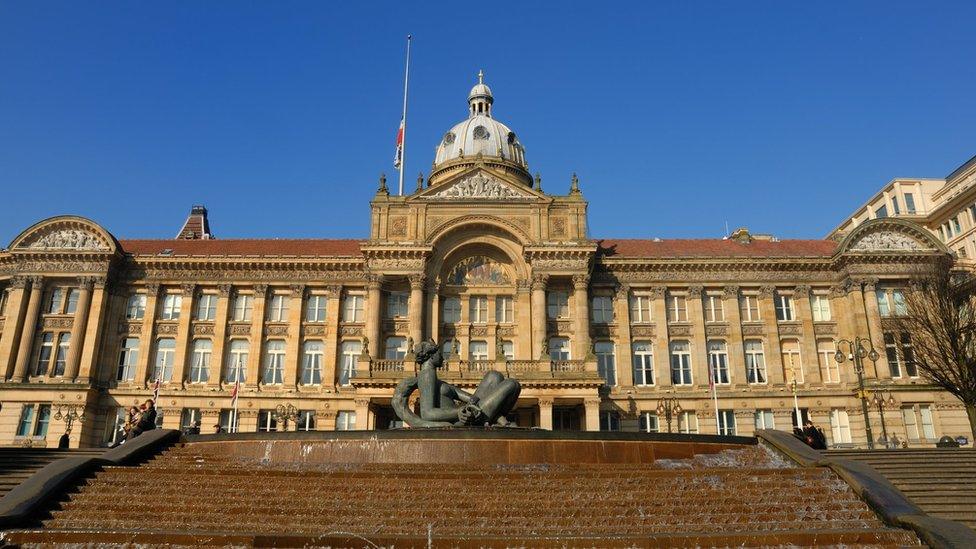
- Published8 August 2022
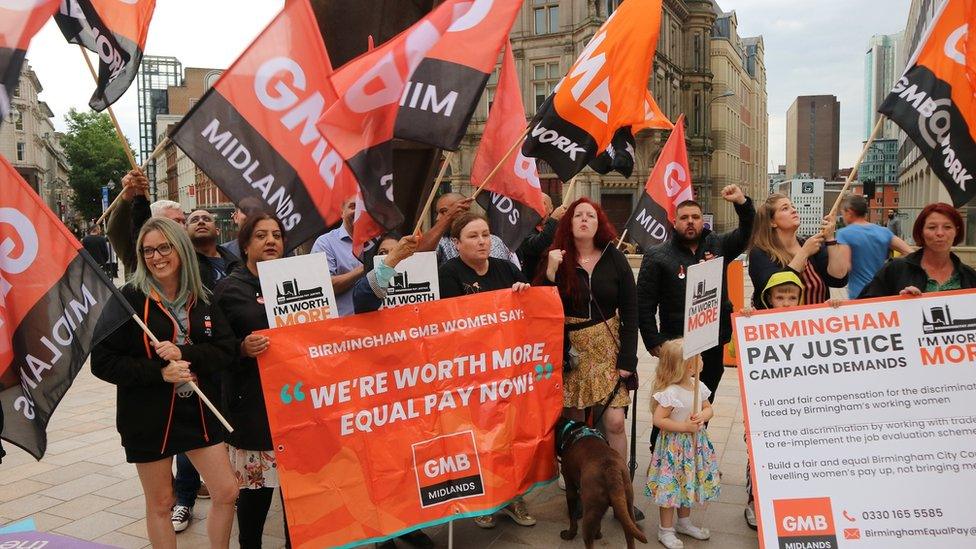
- Published11 November 2021
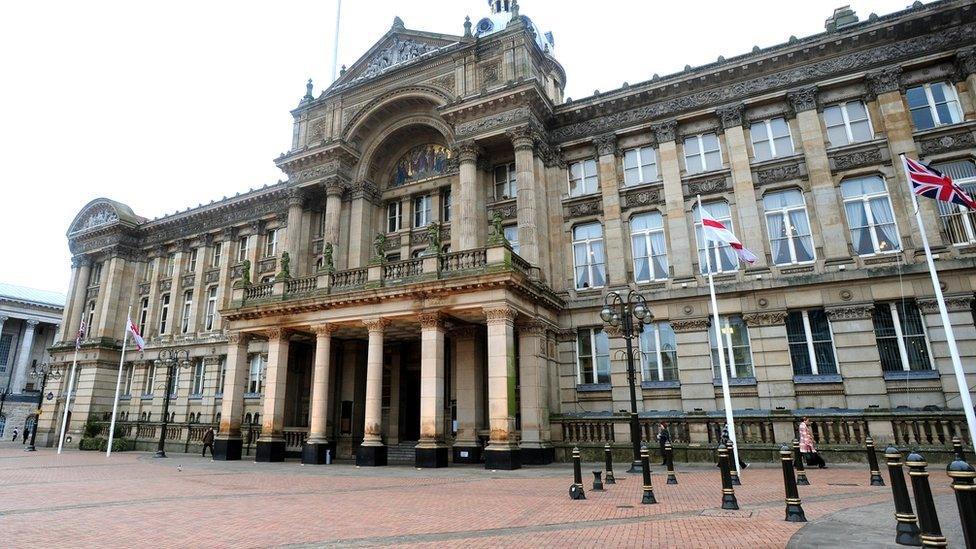
- Published10 December 2014
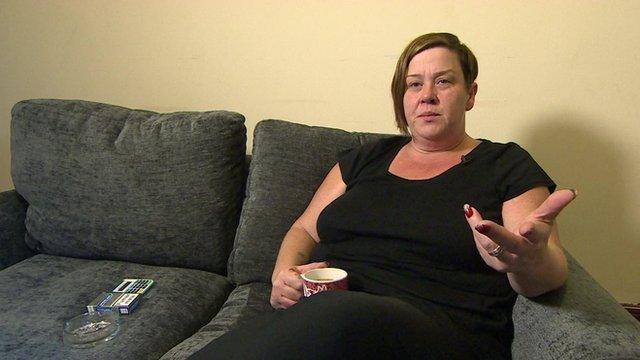
- Published12 November 2012
